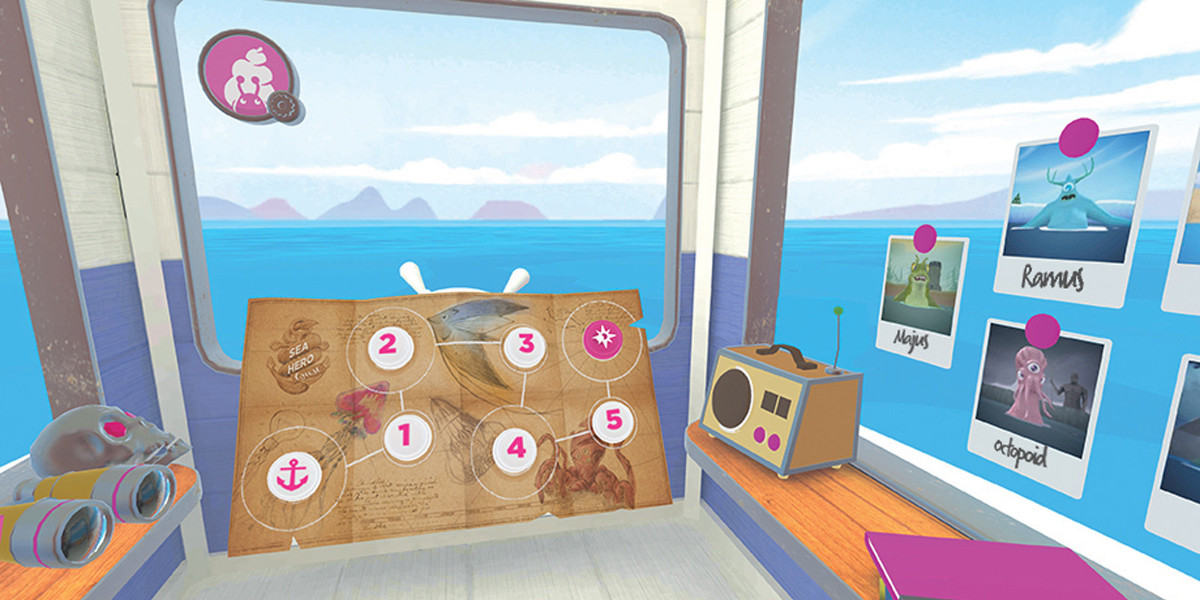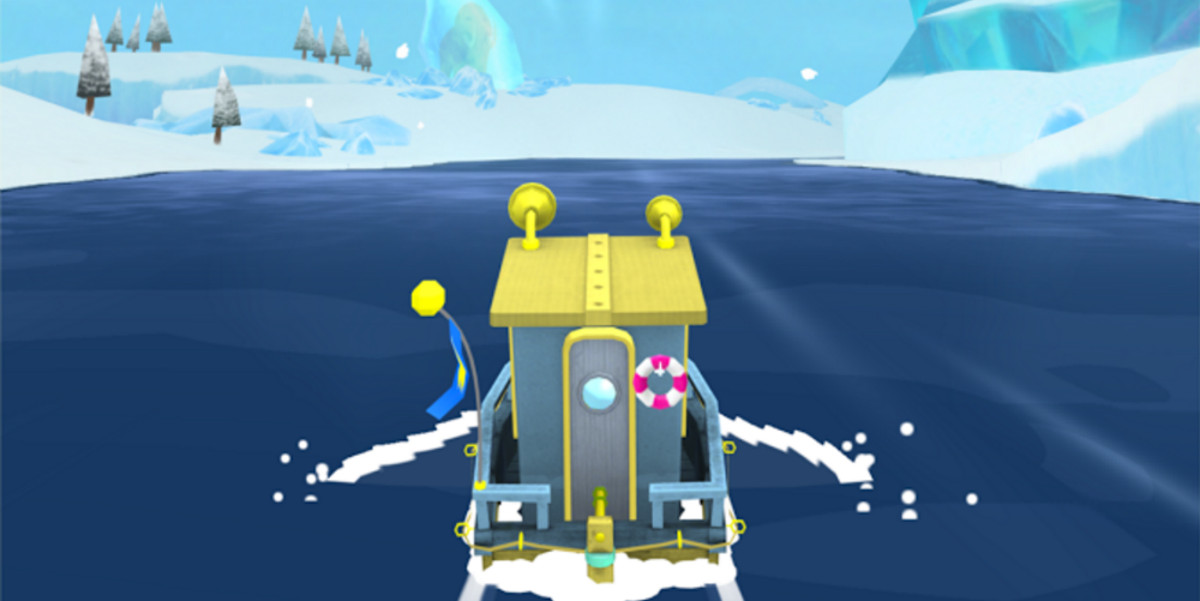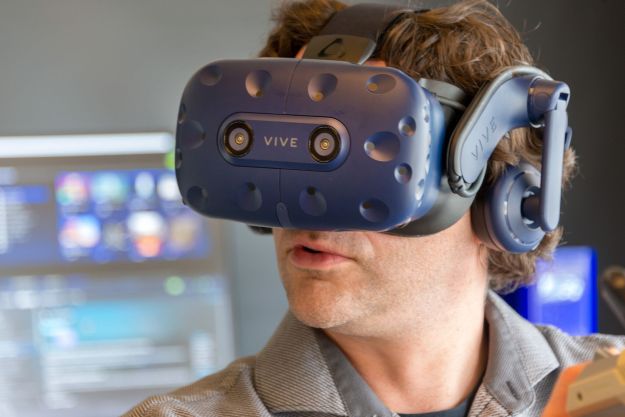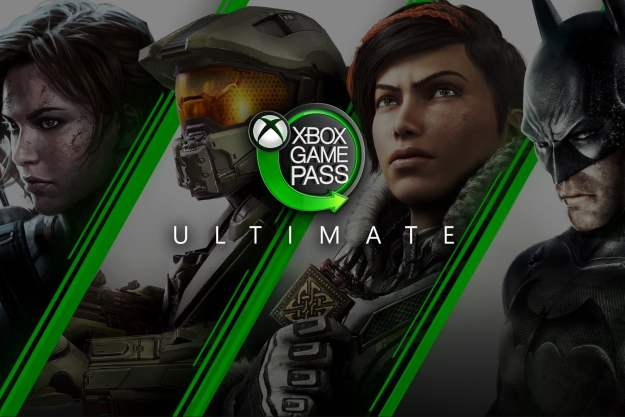
In 2016, Sea Hero Quest released on mobile with the intention of gathering data to help understand and diagnose dementia. Three years and a jump to VR later, a paper from PNAS — or the Proceedings of the National Academy of Sciences — has confirmed that the game has fulfilled its purpose. Sea Hero Quest has provided an enormous dataset that can be studied and utilized to understand, diagnose, and detect the early onset of dementia for years to come.
Developed by British studio Gliitchers with the help of Deutsche Telekom and Alzheimer’s Research UK, the experimental project’s success is a groundbreaking moment for research in this field, and serves as a model that can be used in other areas, too.

“The thing that we’re seeing is a lot of people coming out of the woodwork,” Max Scott-Slade, Co-founder of Gliitchers told me. “People who were previously skeptics of the project are turning around and saying ‘OK, now it’s had a couple of general publications saying that it can be used in this way, we now believe it can be used in this way’ so there’s just tons more people coming into the project two, three years down the line.”
Typically in game development, the third year after the first release would be when a company’s follow-up is imminent. But Sea Hero Quest feels like it’s only getting started as everyone involved starts to reckon with the sheer amount of feedback they received and all the implications.
Dr. Hugo Spiers and Dr. Michael Hornberger, scientists who consulted on the game, now have the confidence to push harder for more resources, and the development team has started considering the other ways they can marry game design and healthcare.
The idea was put into motion by German telecommunications body Deutsche Telekom, motivated by a bout of “corporate social responsibility.” It wanted to step outside of advertising and do something more impactful. After discovering that dementia and Alzheimer’s are a couple of the most underfunded and least talked about areas in medicine, Deutsche Telekom fielded pitches for what a game that served the conversation around those conditions while also being entertaining might look like. Already having a working relationship with Dr. Hornberger, Gliitchers pitched the idea of gamifying tests that detect the onset of the diseases and got the gig.
A sea of possibilities
Sea Hero Quest takes the outline of three specific experiments and spreads them out across a number of levels in a nautical adventure. Players complete tasks such as navigating a short maze, shooting a flare, and taking pictures of surrounding wildlife in order to check orientation and other cognitive abilities. This much alone made the venture a bold one.
“There was various different tests at various stages of acceptance, and the idea was if we could sort of piggyback off of each one of those and combine the data we would have three tests running simultaneously, that would give us a broader understanding,” Max explained. “Which doesn’t really happen in the scientific community, usually you do one.”
Each procedure effectively became its own level-type, making it easier to create varied content. From there came the Arctic backdrop, which was chosen for its malleability and gentle atmosphere. “We approached this with the idea that we need to create the most flexible landscape possible, with any potential experiments to be thrown at it,” said Max. “We can add and takeaway landmarks, we can have ice forming, melting, shifting, and then there’s this rhythmic quality to the ocean that naturally calms players and people in general.”
Collaborating with Dr. Hornberger on the research side was Dr. Spiers, who’s worked in video games before using open-world adventures like Grand Theft Auto V to push the findings of his analysis. An early consideration was to use volcanic rock for Sea Hero Quest, with land melting and reforming in a bed of lava, based on a project Dr. Spiers had already developed.
“We would have three tests running simultaneously, that would give us a broader understanding.”
He points out that what makes Sea Hero Quest so special is its sheer accessibility. Starting as a mobile game not only gave them the ability to tackle a huge breadth of subjects, it created the groundwork for an intuitive and, most importantly, cheap diagnostic tool that can be taken just about anywhere. “We could test someone who lives remotely in a village in the Himalayas by sending a drone carrying a phone out,” Spiers states. “We’re not going to be able to set up an immersive virtual reality walking around in their village in the same way.”
A major aspect of the PNAS paper is the incredible cross-section Sea Hero Quest has provided. In the time the mobile app was available, around four million individual profiles have been logged, giving an unprecedented amount of information to compare and contrast for telltale signs and symptoms.
“You can take all of the people of the same age and gender, and then see how the person you’re looking at is performing,” He tells me. “That’s a really important element of titrating the data, because age has a really big impact, and for this ability that’s damaged in Alzheimer’s, so does gender. Men are having a significant advantage.” Even playing ability can be a factor: “Having four million people, you can equate for people who are equally bad at video games, how does that impact on performance.”
What’s truly remarkable about Sea Hero Quest isn’t just that it’s this intense push into a new frontier of medicine, but that it’s actually a great game that has the plaudits to prove it. The game took home nine prizes at the 2016 Cannes International Festival of Creativity, has been showcased to the United Nations, and was at one point the most downloaded app in the world. “It’s not what I’m looking for in a scientific career, but in terms of my life experience, that’s been quite interesting, to be part of the top apps in the world!” laughs Spiers.
It’s only the first dive
For he, Hornberger and their array of academic associates, the work has really only just started. The plan is to spend the next 10 years sifting through the millions of read-outs, the painstaking and distinctly less glamorous side of this kind of study. Dr. Hornberger is in the midst of following up with everyone mentioned in the PNAS article to see if they actually got Alzheimer’s or dementia and if Sea Hero Quest could’ve generated a quicker diagnosis. They’re about to start a new experiment involving 10,000 people who’ve had their lives charted from birth where their time with the game is monitored to check against various societal and personal circumstances.
They’re about to start a new experiment involving 10,000 people.
While the medical science community rally around Sea Hero Quest’s findings, Gliitchers are putting together special builds of the VR version with added options for doctors and other personnel to use and study for themselves. The hope is that this is the nexus of a new wave of diagnosis that can occur before major deterioration starts to develop.
“Now that we can differentiate between people that have dementia and people that don’t with the mobile game,” Max says. “It’s building on that and taking it further to understand how we can use either the VR or mobile versions as a way to help actually solve some of the issues that often mean dementia goes undetected for long periods of time or gets to a really poor state before anyone really knows about it.”

Given what’s been achieved, it is disappointing that there isn’t greater initiative within the games industry for this kind of crossover. There are studios and publishers that have both the financial resources and vast install-bases necessary, yet for whatever reason, just don’t seem interested in the investment.
“Bit depressing, I think, how few games companies have put out a really positive message about ‘look, why don’t you enjoy playing Fortnite and help solve health problems in our society,’” Hugo muses. “It just isn’t an issue. These games companies are making so much money.”
“Maybe it’ll change, but I haven’t seen a lot of it.”






